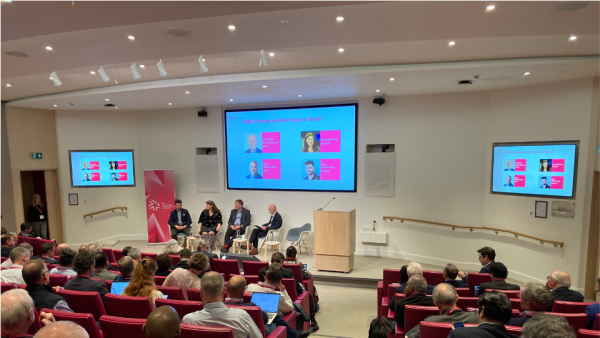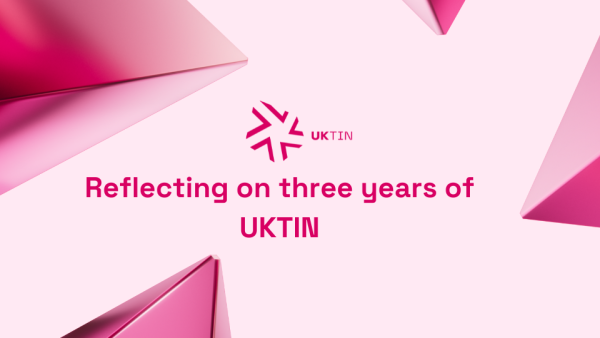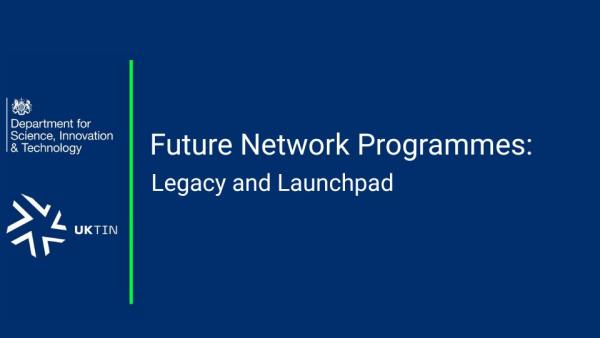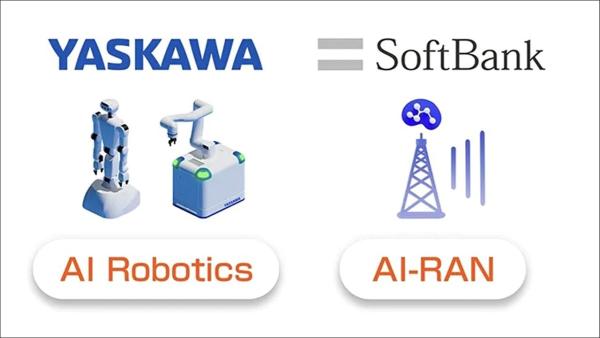
The Joint Open Infrastructure for Networks Research (JOINER), a UK-wide experimentation platform created to accelerate future communications and networks research, exploitation and adoption, has announced that its first international connection is live at Trinity College Dublin, Ireland, opening up new potential for collaboration and innovation.
JOINER brings together the cutting-edge capabilities of 15+ world-leading universities and labs in one ecosystem to provide the real-life conditions needed for world-leading research, conducted at a scale beyond what is possible in a single lab. It accelerates the process of validation and co-creation of 6G technologies and applications, coordinating and federating new future networks testbed initiatives for research, innovation and adoption trials. As such, it serves to close the gap between the lab and the market, exploiting research, testing at scale in real-world conditions, working with end users and advancing commercialisation.
JOINER is led by the University of Bristol, alongside three core partners who represent each of the Future Telecoms Hubs — CHEDDAR, HASC, and TITAN - supported by the UKRI Engineering and Physical Sciences Research Council (EPSRC). In partnership, JOINER connects research labs that each bring their own unique specialisations and capabilities. By creating a network of ‘nodes’ that draws together research leaders and test networks internationally, JOINER is facilitating unprecedented collaboration, and access to expertise, at scale.
Hosted by researchers at Trinity College Dublin, Ireland is now home to the first international node in JOINER, located in the Open Ireland testbed, which was launched by the CONNECT Centre and has been headquartered at Trinity College Dublin since 2020. CONNECT brings together 12 different universities and telecoms research institutes from across Ireland and includes around 200 researchers. The new partnership with JOINER means that this scale — and the potential for innovation — grows significantly.
Professor Dan Kilper, Director, CONNECT Centre, Trinity College Dublin, said “What becomes immediately clear when you start working with organisations in other countries is that even the most similar research areas can foster markedly different approaches. Whether in policy, desired outcomes, funding directions or even culture, these differences, and the grey space between them, provide an invaluable learning opportunity. With JOINER, this will undoubtedly inform new approaches and innovation — and far more readily than they might otherwise arise. This, then, is about more than just connecting and comparing technical capabilities and research focuses: the platform actively fosters a collaboration of perspectives. Social, cultural experiences develop alongside scientific, technical interactions.”
Professor Dimitra Simeonidou, Director, JOINER and Smart Internet Labs, University of Bristol added, “In the two years since this venture began, incubated through the EPSRC future telecoms hubs, we’ve stacked up a growing pile of milestones. At first, scaling across the UK felt ambitious. We soon realised that our foundation was strong enough to extend JOINER’s reach even further. With the addition of a new node in Ireland, based at Trinity College Dublin, our footprint has gone international. Later this year, we’ll expand to new continents, with demonstrations planned through JOINER with Taiwan’s Industrial Technology Research Institute.”
Dr Derek Craig, Deputy Director, Future Communications & Quantum Technologies, EPSRC commented, “JOINER’s first international expansion demonstrates its potential to revolutionise the way we do research, by fusing technological innovation with collaboration across academia, business and other perspectives. This approach will also help us to bring the benefits of research out of the lab and into society and the economy, by helping innovative companies to deliver new technology that could benefit us all.”
Now with international reach, JOINER provides an unprecedented opportunity to work in collaboration on pressing, widely-felt issues like network energy consumption, data sharing, and storage across jurisdictions. As well as the obvious benefits to individual companies, this work delivers a net positive to the industry — and in some instances, the planet — as a whole.









